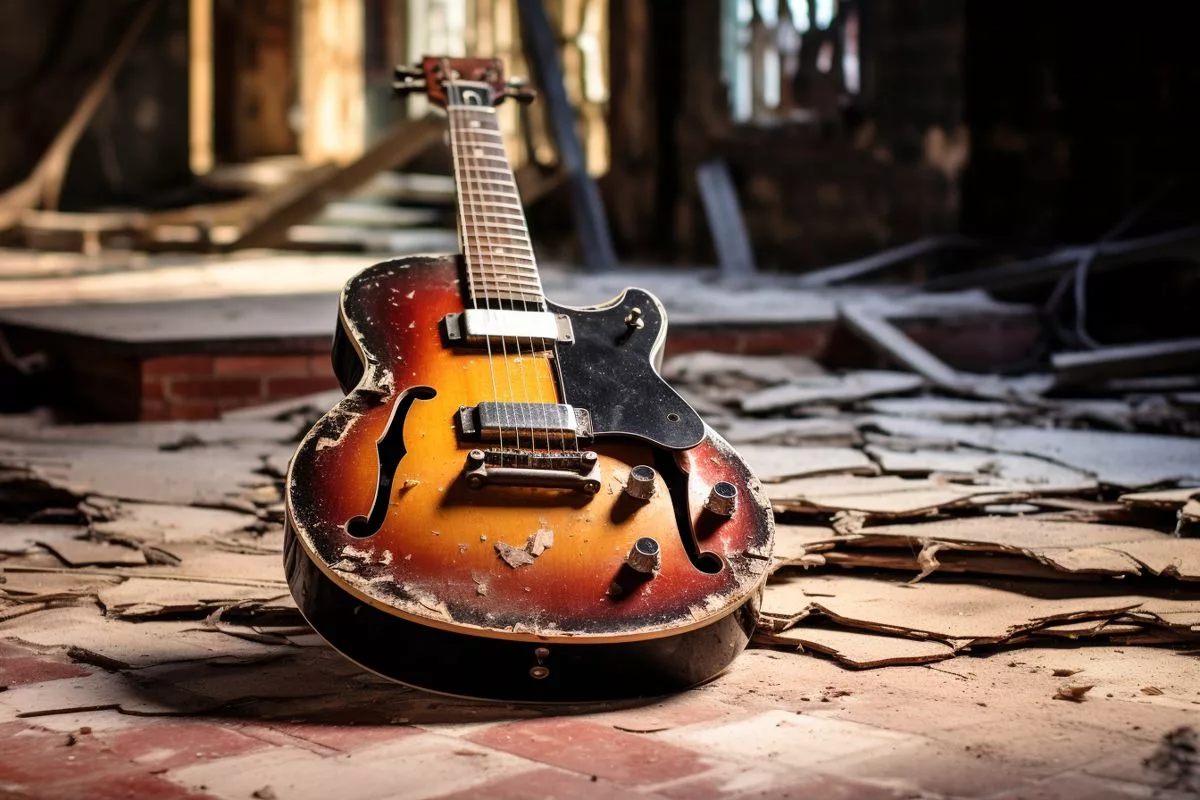Zahara, the beloved South African singer and cultural icon, passed away at the age of 36. Her fans are calling for a Provincial Funeral to honor her legacy and contributions to the music scene, as her impact and influence continue beyond her death. Zahara’s gift was more than a guiding light in South Africa’s music domain; it was a radiant flame that shone brilliantly, enlightening the fields of song creation and performance. Her fans’ demand for a Provincial Funeral is an acknowledgment of her undeniable impact and contribution to the South African music scene, and her legacy continues to flourish even after her death.
Zahara, South African singer and cultural icon, passed away on December 11, 2021, at the age of 36. Her fans and supporters are calling for a Provincial Funeral to honor her legacy and contributions to the music scene. Zahara’s impact and influence continue beyond her death, reminding us of the transformative power of music.
South Africa’s music sphere was jolted by the unexpected passing of the much-adored artist Bulelwa Mtukutana, widely recognized as Zahara. The multi-praised singer was a symbolic persona, and her sudden death on December 11, aged 36, plunged her fans and the entire nation into a deep state of grief and disbelief.
A Luminous Talent in South African Music
Zahara’s gift was more than a guiding light in South Africa’s music domain; it was a radiant flame that shone brilliantly, enlightening the fields of song creation and performance. Her music reverberated with genuine sincerity, bridging boundaries and reaching out in the universal language of the soul.
Zizi Kodwa, the Minister of Sport, Arts, and Culture, confirmed the news of Zahara’s demise. He extended his heartfelt condolences to Zahara’s family, who he visited after this tragic incident. He recognized her death as a significant national loss, mirroring the sentiments of many who esteemed her extraordinary talent.
A Call for Recognition and Dignity
South Africa is awash with sorrow, as Zahara’s admirers have launched a campaign urging the government for a Provincial Funeral in her honor. Born in the Eastern Cape, Zahara was more than a vocalist; she was a cultural emblem, an identity marker, and a source of local pride. A supporter, Sihle Mphemba, stressed the need for a fitting send-off for such a profound figure.
The demand for a Provincial Funeral expressed by Zahara’s followers is not just an appeal for recognition and respect; it’s an acknowledgment of her undeniable impact and contribution to the South African music scene. It also questions the perceived imbalance in how artists from Eastern Cape are treated compared to those from regions like KwaZulu-Natal. Mphemba’s juxtaposition of the funerals of other artists underlines the ongoing struggle for cultural fairness.
Zahara’s Legacy: Beyond the Music
Whether regarded as a potent voice from the Eastern Cape or a national pride symbol, Zahara’s artistic heritage reaches well beyond her musical offerings. Her remarkable transition from anonymity to fame, her fight against adversity, and her victorious rise are deeply embedded within the annals of South African music history.
The specifics of Zahara’s funeral plans are yet to be shared. Her fans’ demand for a Provincial Funeral persists as a paramount concern. As they anticipate the government’s decision, there’s a collective hope that Zahara will be recognized and commemorated in a way reflecting her unique status in the music world.
The Enduring Influence of Zahara
Zahara’s influence and legacy, much like the meaning of her stage name, which means “blossoming flower,” continue to flourish even after her death. As the nation grieves, the resonance of Zahara’s tunes and the significant imprint of her artistic brilliance continue to echo, reminding us of her indelible contributions to the music scene and to many hearts.
As we look forward to more updates on this matter, it’s evident that Zahara’s legacy is far from complete. Her life and career stand as a moving tribute to music’s transformative power and the enduring impression of an artist truly in a class of her own. Honoring Zahara is not just about reminiscing about her songs or awards, but recognizing the impact she had on her fans and the South African music industry at large.
Who was Zahara?
Zahara was a beloved South African singer and cultural icon who passed away at the age of 36 on December 11, 2021. She was born in the Eastern Cape and rose to fame with her music, which was known for bridging boundaries and reaching out in the universal language of the soul.
What is the significance of Zahara’s impact on South African music?
Zahara’s impact on South African music is significant, as her music reverberated with genuine sincerity, and she was widely recognized as a symbol of hope and cultural pride. Her gift was more than a guiding light in South Africa’s music domain; it was a radiant flame that shone brilliantly, enlightening the fields of song creation and performance.
Why are Zahara’s fans calling for a Provincial Funeral?
Zahara’s fans and supporters are calling for a Provincial Funeral to honor her legacy and contributions to the music scene. She was more than a vocalist; she was a cultural emblem, an identity marker, and a source of local pride. The demand for a Provincial Funeral is an acknowledgment of her undeniable impact and contribution to the South African music scene.
What does the demand for a Provincial Funeral express?
The demand for a Provincial Funeral expressed by Zahara’s followers is not just an appeal for recognition and respect; it’s an acknowledgment of her undeniable impact and contribution to the South African music scene. It also questions the perceived imbalance in how artists from Eastern Cape are treated compared to those from regions like KwaZulu-Natal.
What is Zahara’s legacy beyond music?
Zahara’s remarkable transition from anonymity to fame, her fight against adversity, and her victorious rise are deeply embedded within the annals of South African music history. Her legacy is far from complete, and her life and career stand as a moving tribute to music’s transformative power and the enduring impression of an artist truly in a class of her own.
How is Zahara’s influence and legacy enduring even after her death?
Zahara’s influence and legacy, much like the meaning of her stage name, which means “blossoming flower,” continue to flourish even after her death. The resonance of Zahara’s tunes and the significant imprint of her artistic brilliance continue to echo, reminding us of her indelible contributions to the music scene and to many hearts.












